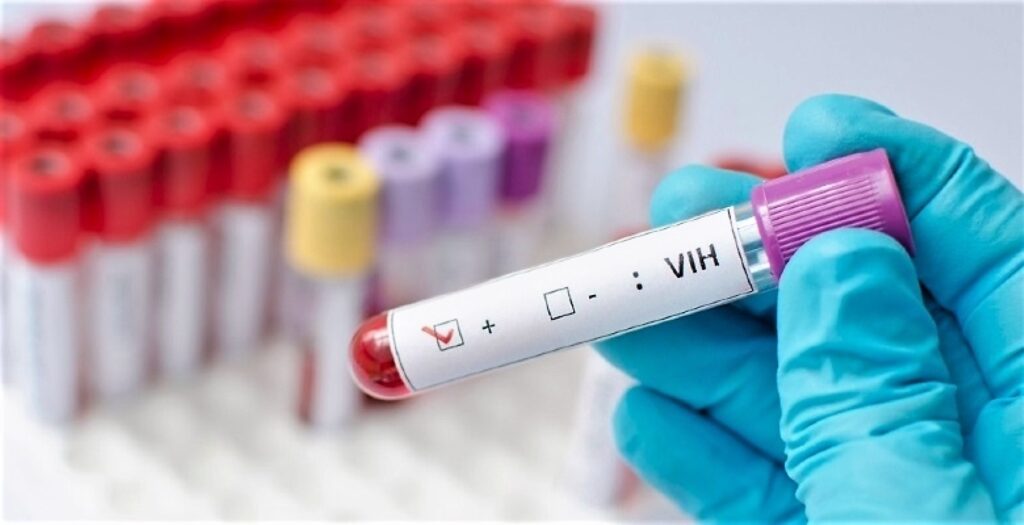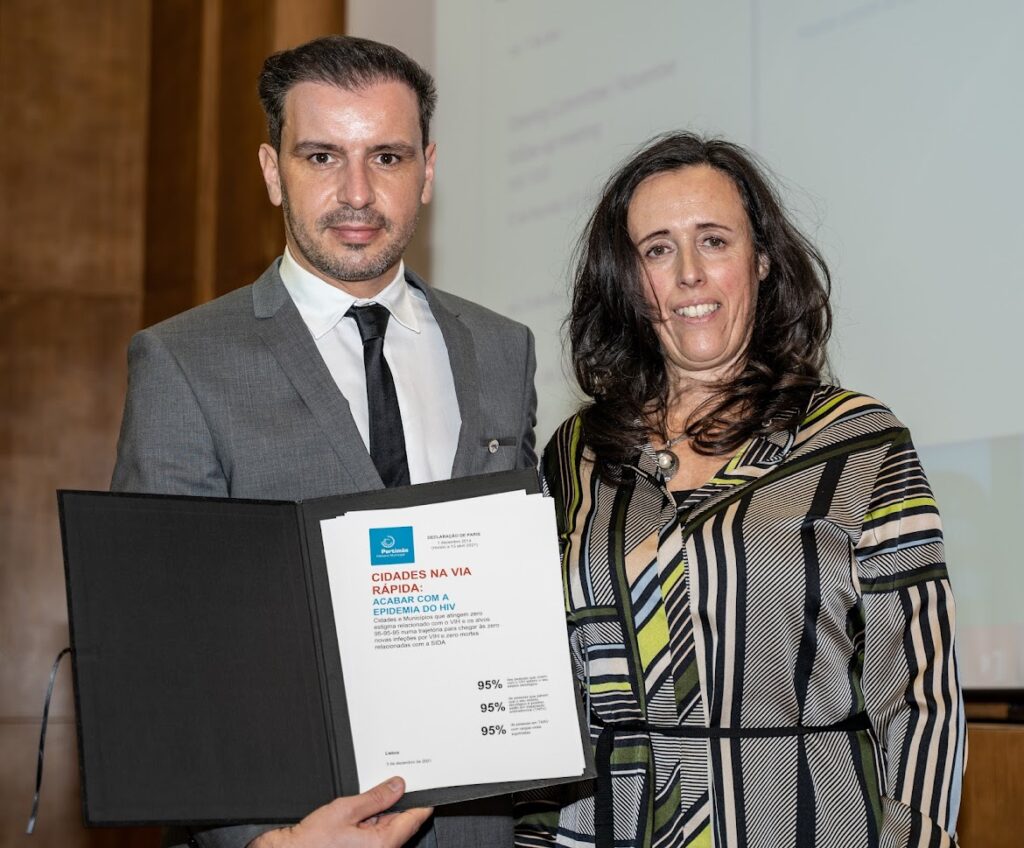The Municipality of Portimão will remain in the fast lane combating HIV, after having renewed its commitment to the cause of the Fast Track Cities, a European-wide project in which the Portimonense municipality is one of ten partners at national level.
The renewal of this commitment was signed on December 3, in Lisbon, in a ceremony that brought together the Portuguese municipalities that are part of this network and where the Algarve Chamber was represented by councilor Teresa Mendes.
In addition to Portimão, the municipalities of Almada, Amadora, Loures, Odivelas, Oeiras, Sintra, Cascais, Lisbon and Porto are part of the Fast Track Cities, or Cities on the Fast Track to eliminate HIV, «which made Portugal the first Fast Track Country», according to the municipality of Portimo.
“The current goal of the project is to move from the initial 90 percent to 95 percent of people with HIV in the following parameters: who are aware of their diagnosis; who are on antiretroviral treatment; and who have their viral load suppressed, with a zero percent tolerance for stigma and discrimination," explained the Portimão Chamber.

In 2020, the Municipality of Portimão signed the Paris Declaration, becoming part of the international Fast Track Cities initiative.
As a result of this adhesion, an integrated care network was created in Portimão, involving the following institutions: City Council; Abraço Association; ACES Barlavento (Group of Health Centers); University Hospital Center of the Algarve – Hospital de Portimão; APF – Association for Family Planning/Algarve; General Directorate of Reinsertion and Prison Services – Silves Prison Establishment; GRATO – Support Group for Drug Addicts; University of Algarve; MAPS – Aids Support Movement; Intervention Division in Addictive Behaviors and Dependencies – Regional Health Administration of the Algarve.
The Fast Track Cities initiative was launched by the United Nations in 2015 and aims to involve local governance, health institutions and civil society entities in order to eliminate HIV locally and create an integrated care network that involves the various connected institutions to this strand.



















Comments